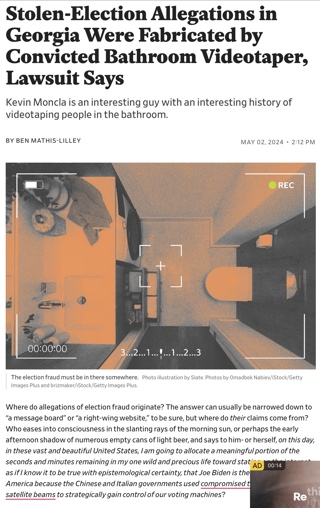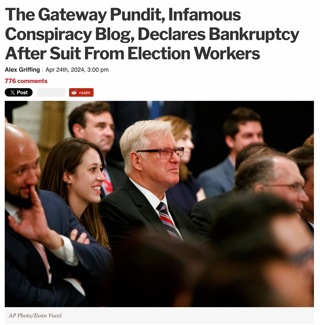Stratfor Is a Joke and So Is Wikileaks For Taking Them Seriously
Stratfor Is a Joke and So Is Wikileaks For Taking Them Seriously
February 27, 2012
By Max Fisher
On June 2, 2009, Anya Alfano of Stratfor, which describes itself as a private “global intelligence company,” sent an email to a colleague requesting some global intelligence on a certain trans-national civilian group on behalf of a powerful international client. That email has now been released to the world, along with five million others like it, by global transparency group Wikileaks, thus revealing Stratfor’s shadowy scheme.
According to Anya Alfano’s email, Stratfor’s target was PETA, the animal rights group, and its client Coca-Cola. Their top secret mission was to find out “How many PETA supporters are there in Canada?” and other tantalizing global secrets that could only be secured through such top-secret means as calling PETA’s press office or Googling it. Alfano concluded her chilling email, “I need all the information our talented interns can dig up by COB tomorrow.”
Shortly before the release, Wikileaks told the world to prepare for “extraordinary news.” In announcing today’s release, Wikileaks describes Stratfor as “a company that fronts as an intelligence publisher, but provides confidential intelligence services to large corporations.” The group’s announcement says that the released emails “show Stratfor’s web of informers, pay-off structure, payment-laundering techniques and psychological methods” and calls the company “a money-making scheme of questionable legality.” It adds, “The material shows how a private intelligence agency works, and how they target individuals for their corporate and government clients.”











